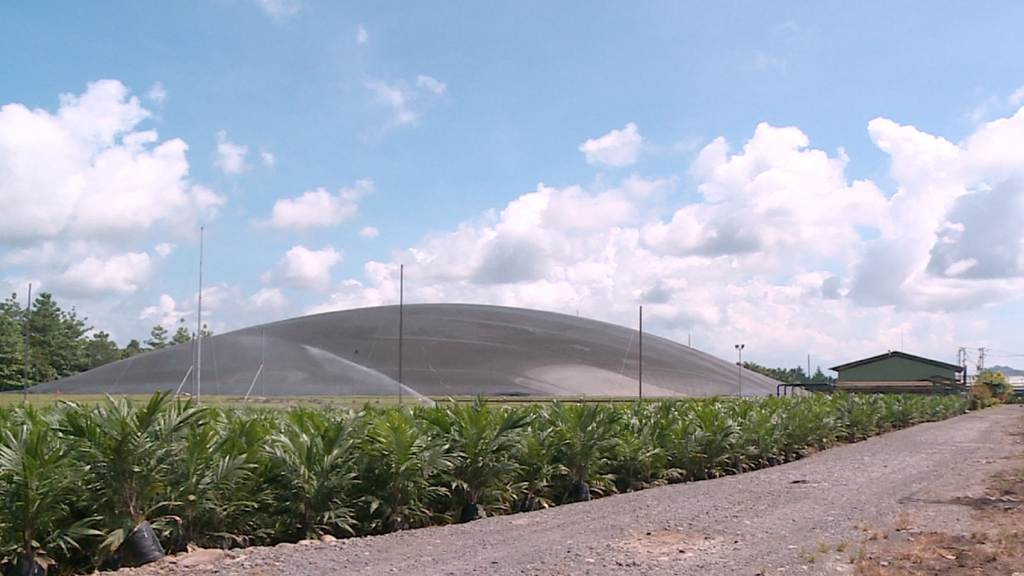
AGRICULTURE - Biogas
Brief Introduction
In industrial farming, the animals inside have a lot of feces and excrement. Manure produces an unpleasant odor and methane gas which can be collected and used for other purposes.
Biogas is a mixture of gases, primarily consisting of methane, carbon dioxide and hydrogen sulphide, produced from raw materials such as agricultural waste, manure, municipal waste, plant material, sewage, green waste and food waste. It is a renewable energy source.
Geosynthetics are tough and flexible and can provide the best performance in various conditions for various applications. Geosynthetics contribute to productivity, sustainability, and resilience.
Geomembranes
As liners for the agriculture industry
The collection and control of agricultural waste are critical to the health and hygiene of farm animals.
Soil or concrete surfaces are relatively rough and in some cases, a very smooth low friction HDPE upper liner is better as this will help move the sludge into a place where excess can be removed.
As covers for aerobic and anaerobic manure digesters in the agriculture industry
Covering manure lagoons will help odor suppression, collect methane for energy use and facilitate evaporation control. However, most cover applications and designs do not allow HDPE geomembrane to be used for the whole cover as it is too stiff. While the LLDPE geomembrane can be placed in the flex zones of the floating cover. This hybrid cover provides the stiffness and security of an HDPE floating cover with flexible zones where needed.









